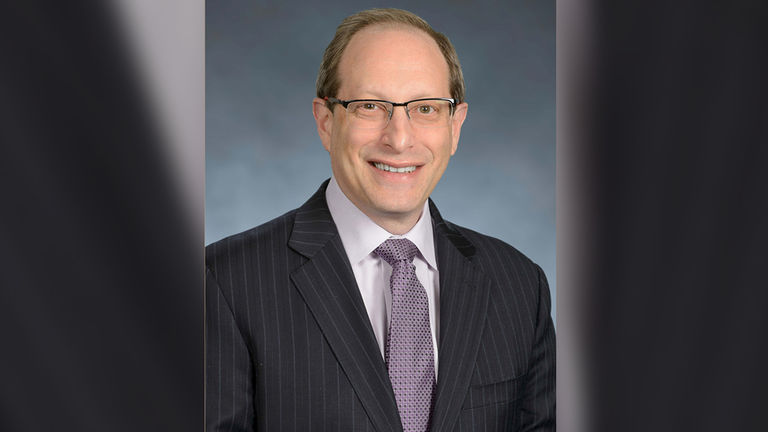I have the great fortune to speak with travel advisors on a daily basis. Some have decades of experience, and others are just entering the industry. In an online world saturated with options, many agents are trying to differentiate themselves by describing their businesses in captivating ways.
Words I hear regularly are “bespoke,” “boutique,” “curated,” “custom” and “luxury.” (After all, who wants to use a boring travel company?)
But does the use of these descriptive words really matter? The legal answer: Yes. While advisors — like anyone who is advertising a service — have latitude to best describe what they offer, the representations that transcend the permitted “puffery” can result in liability.
Puffery is described as the practice of making exaggerated recommendations. Davies vs. General Tours, Inc., a 2001 case in the Appellate Court of Connecticut, recognized that “in the context of the sale of goods, there is a fine distinction between advertisements or puffery that creates a warranty.” Therefore, “favorable comments by sellers, with respect to their products, are universally accepted and expected in the marketplace … while a court will be more likely to find the creation of a warranty where a party makes a specific representation, rather than a general representation.”
These “specific representations” mean that, as an agent, it is possible to exaggerate when describing your services — which some travel companies have found out the hard way. If an advisor characterizes her services as bespoke, boutique, curated, custom and/or luxurious, she is then raising the bar for the services she provides.
 Jeffrey Ment, managing partner of The Ment Law Group
Jeffrey Ment, managing partner of The Ment Law Group
Credit: 2019 Jeffrey MentThis situation played out during one 1972 court case (Stevenson vs. Four Winds Travel, Inc.), when a traveler took a tour operator to court over an injury sustained during a tour.
The language of the tour operator’s brochure was called into question, and the court concluded that — in view of the emphasis the operator put on the expertise of its tour escorts or directors — the traveler had the right to expect that the tour director would warn her of any potential dangers while on the trip. The judge ultimately ruled in favor of the traveler, because the client had carefully studied the brochure and decided to take the tour due to statements and representations made therein by the operator. She had also paid the high price charged by the company as a result.
In other cases, suppliers — and advisors — have come out on top. A travel company was absolved of liability after a customer was the victim of a robbery while in the Cayman Islands. The company’s marketing language mentioned the vacation’s “relaxed informality,” and the court determined that this language was not a guarantee of safety. Therefore, it was mere puffing.
It’s also imperative to be intimately familiar with the services that preferred suppliers provide. Some timely examples are based on the recent financial failures of companies that were marketed as “luxurious.” By being well-versed with the marketplace — and keeping up to date on news about suppliers and vendors — an agent who has a future booking with a financially uncertain company must immediately take action by advising the client; ensure that travel protection plans have been purchased; and, if warranted, suggest that the client authorize a change of providers. This requirement is heightened for advisors who promote themselves as luxury specialists, too.
Simply put: Words matter. Describing yourself as an expert in planning bespoke, luxury journeys carries with it certain implications. Although there is nothing wrong with puffing, a dissatisfied customer may latch on to those catchy phrases — and you might find yourself defending them.
Meet Jeffrey Ment
Jeffrey Ment currently works as a travel law attorney and previously worked as a travel advisor, airline sales manager and tour guide. For more than 27 years, he has represented individuals and companies in the travel industry.
Have a question for Jeffrey? Send an email to letters@travelagewest.com.
The Details
The Ment Law Group
www.mentlaw.com